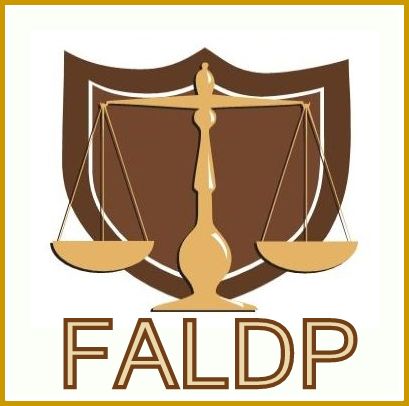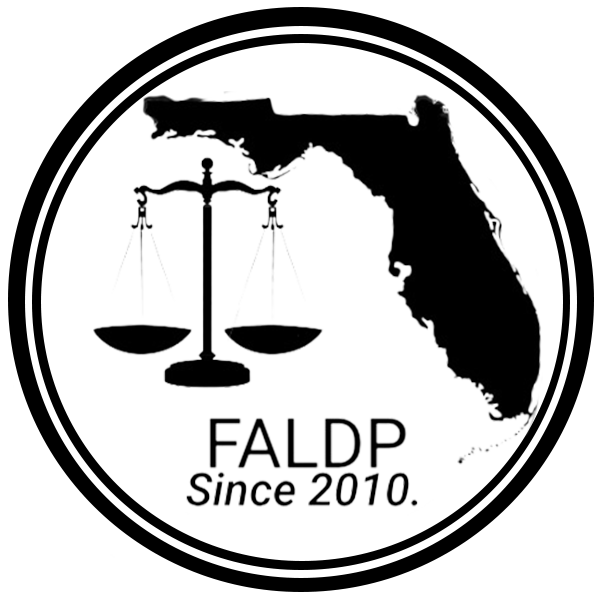800-515-0496
Estate planning documents

Although we all know that death is inevitable many of us put off preparing for it, mainly because we don't want to think about it. Your family will appreciate it, if you take the time to put the necessary documents in place well in advance. No one but you knows your exact wishes unless you memorialize your wishes in writing through a set of estate planning documents. Your estate plan is unique to your wishes and your family's needs. But, by thinking ahead, you can make your loved ones' lives easier while going through the grief process upon your death. Its also important to consider, that you may become incapacitated for a time before your death, and someone else may need to make decisions for you. A document preparer may not advise you as to what you will need to do to regarding your estate planning. This is a very personal area, and boils down to creating an orderly transfer of assets upon death, or (if using a living trust) incapacitation. Document preparers prepare documents. Each individual needs to make decisions about that orderly transfer of assets upon death, and, hopefully, these decisions are made well before death.
Last Will & Testament
Most people are aware of the most basic document - a Last Will & Testament. However, there are other documents which are just as important. And, many people believe that having a will avoids probate, it doesn't. There are ways to avoid probate, but whether or not a will is in place, does not automatically mean there will be no probate. Probate is the process where the court oversees the distribution of assets when someone dies. People sometimes wish to avoid probate for two main reasons:
- Probate is expensive - court filing fees, and if the estate is valued at more than $75,000, attorney's fees;
- And time consuming - your heirs will have to wait until the process is complete to take possessions of the assets you left them.
Certain liquid assets, like bank accounts, life insurance, and stocks can be kept out of the probate process with a little advance planning. Bank accounts and stocks can usually be transferred to your beneficiary upon your death without going through probate, simply by adding on a "Transfer on Death" document. Talk to your banker or stockbroker, to see exactly what they require. As for life insurance policies, make sure that the listed beneficiary is a person or specific entity, not left "to the estate of ____________". If prepared this way your life insurance will not need to be probated either. But, if its left to your estate, it will need to go through probate, and then distributed according to your will.
Additional Important Documents
Besides a Last will & Testament you'll need additional documents. Remember, you're planning ahead to make it easier for your loved ones at the time of your death or incapacity. You don't want to leave them guessing as to the what you would want, or the best thing to do. You can make your wishes known ahead of time. Additional documents you will need are:
- Power of Attorney (POA) The document gives someone the authority to handle your affairs on your behalf if you become incapacitated. It does not need to go into effect at all, until you are unable to take care of your affairs yourself. The person you choose could be an adult son or daughter, your spouse, or a trusted friend. The person that you choose is called your "agent", but may also be referred to as an "Attorney in Fact".
- Living Will - A living will lets others know of your choices if you become totally incapacitated. It is also referred to as a "DNR", which stands for "Do Not Resuscitate". By planning ahead, you can make the decision about when and if your doctors are to withdraw care.
- Advance Healthcare Directive - The Advance Healthcare Directive, also called a Healthcare Surrogate names the person who is to make medical decisions on your behalf if you're not able. This may or may not be the same person who is the Agent for your Power of Attorney.
- HIPAA Waiver - This document names the person or persons with whom medical staff can share your personal medical information. Without this in place medical staff may not be allowed to tell family members about your condition, proposed procedures, or any other medical information pursuant to federal privacy laws.
Many of our FALDP members prepare these documents. If you would like assistance, submit the form on this page or call 800-515-0496. We're here to help!
Copyright 2010-2025 ~ All rights reserved.
